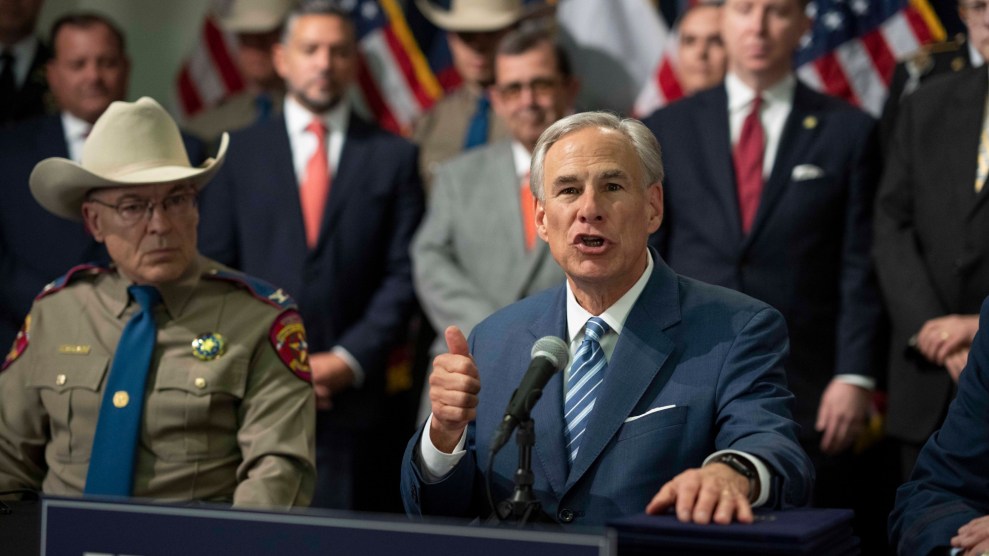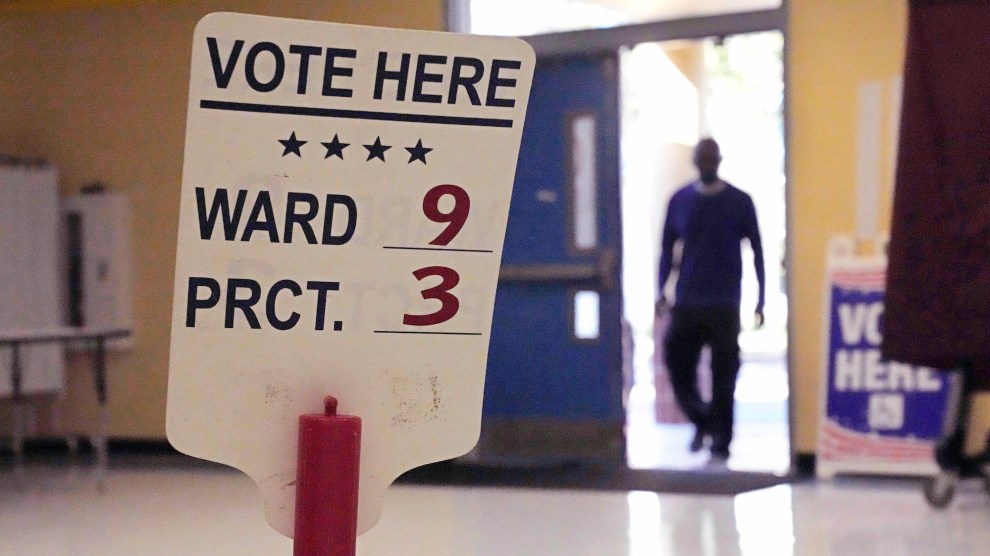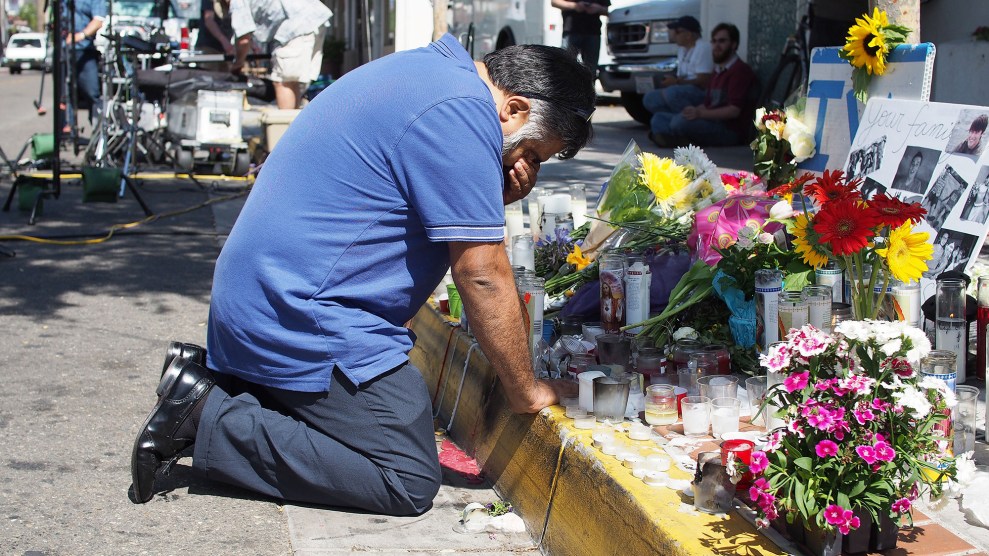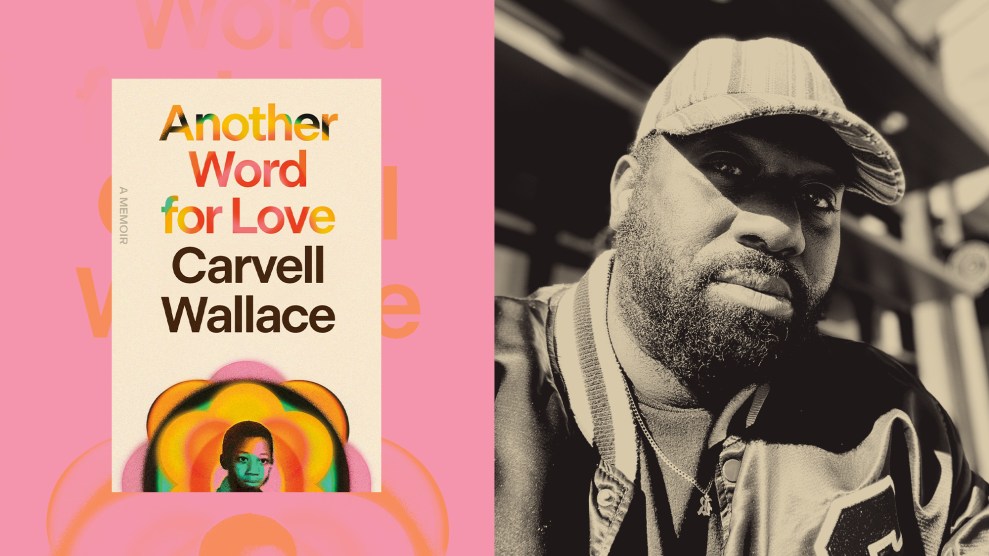In the past 10 years, racial profiling has become a buzzword in city halls and courthouses across the nation. But while most of the debate revolves around black and Hispanic men stopped by police while driving, a federal judge in Detroit this fall will hear a case involving a different group of plaintiffs — kids on bicycles. In Bennett v. City of Eastpointe, 21 African American plaintiffs allege that they were stopped because of their race in a Detroit suburb when they were between 10 and 18 years old.
Like many sweeping cases, this one started small. In 1995, several months after moving from Detroit to predominantly white Eastpointe, Davon King, then 12, and his older brother, Charlie, 14, were riding to a neighborhood store. A police car pulled up and an officer shouted at them to stop. Black kids were stealing bikes in Eastpointe and taking them to Detroit, the officer told them. He asked for their names, IDs, and bike registrations, then waved them on.
A few weeks later, as the brothers rode to Kmart, a police car headed toward them — with the siren screaming and lights flashing. Again, an officer ordered them off their bikes. “I was nervous,” Davon remembers. “‘I haven’t done anything,’ I thought, ‘so why is he stopping me?'” Then, a white kid pedaled by. “I was mad,” Davon says. “This Caucasian kid rolled right in front of the cops. For all they knew he could have been stealing that bike and taking it to Detroit.”
This time, when Davon and Charlie told their parents, the King family decided to curtail their bike riding. “My father was afraid that the police would do something more severe,” Davon says.
Charles King Sr. also complained to city officials. Eastpointe’s chief of police defended his officers’ actions in a memo to the city manager, citing reports of black kids stealing bikes. “My instructions to the officers were to investigate any black youths riding through our subdivisions,” he wrote. In 1998, the Kings filed two lawsuits against Eastpointe in connection with the bike stops and other incidents of alleged racial harassment; one case has been settled and the other one is under appeal. But while reviewing police logs and reports, the Kings’ lawyer, Charles Chomet, discovered a startling pattern: Between 1995 and 1998, Eastpointe police had stopped more than 100 black kids aged 11 to 18 on their bikes, searching or handcuffing some — even confiscating bikes — before releasing them. During the same period, only 40 white cyclists had been stopped.
Chomet filed a new discrimination case on behalf of 21 kids who had been stopped, and the American Civil Liberties Union, which is party to more than a dozen lawsuits on racial profiling of black motorists nationwide, joined the suit. The plaintiffs are asking for $21 million in damages, mandatory training for police, and an end to racial profiling of kids on bikes. “Police harassment and racial stereotyping at such an early age destroys kids’ faith in police and other institutions and erodes their confidence in society,” says Chomet. “The case highlights, in a way no other case has, the injustice of law enforcement based primarily on race.”
Davon and Charlie, both in college now, say they are proud of what their family started. But, notes Davon, he still doesn’t feel entirely safe on the streets. “The more I talk about what happened, the angrier and angrier I get,” he says. “I just want to live my life like a normal young man.”















